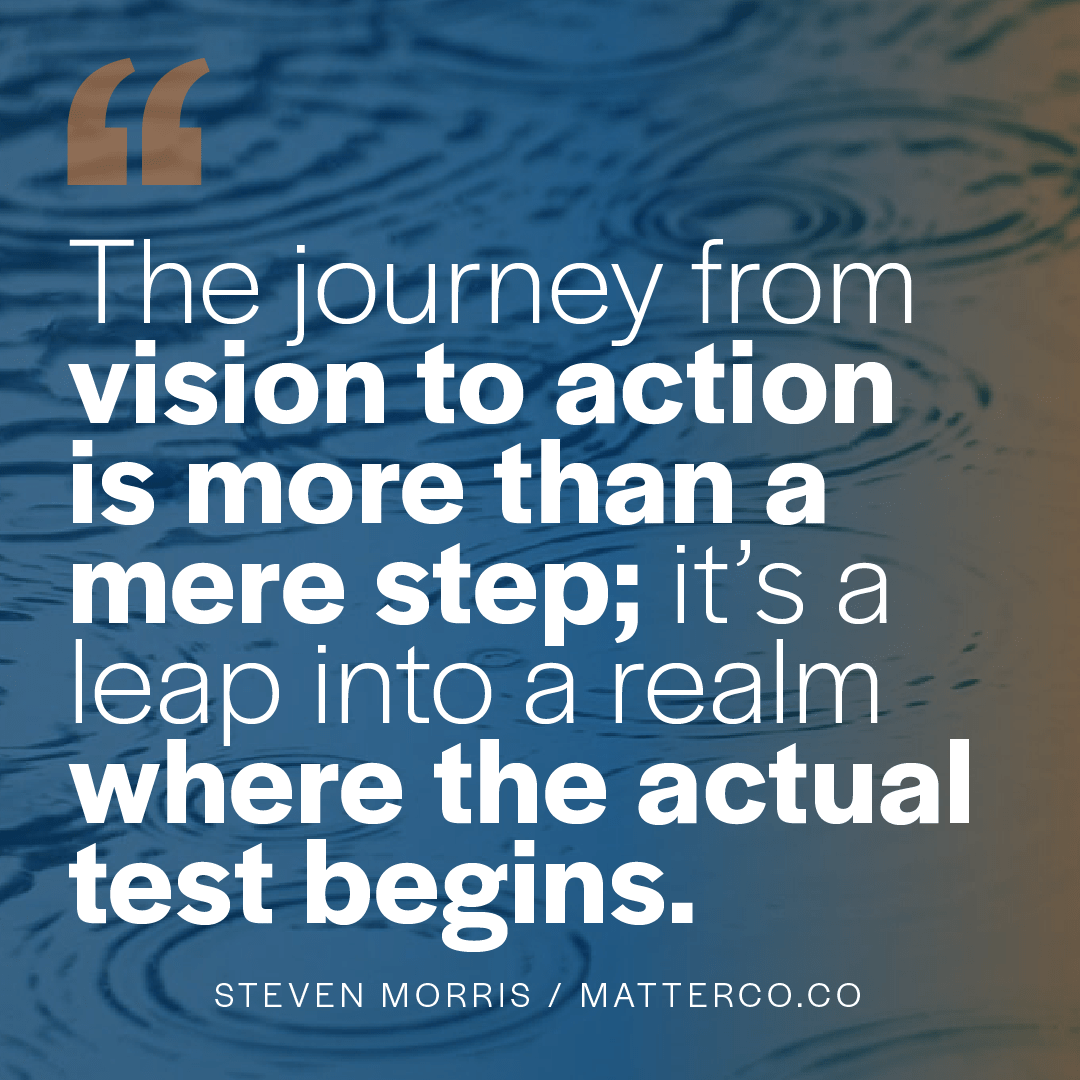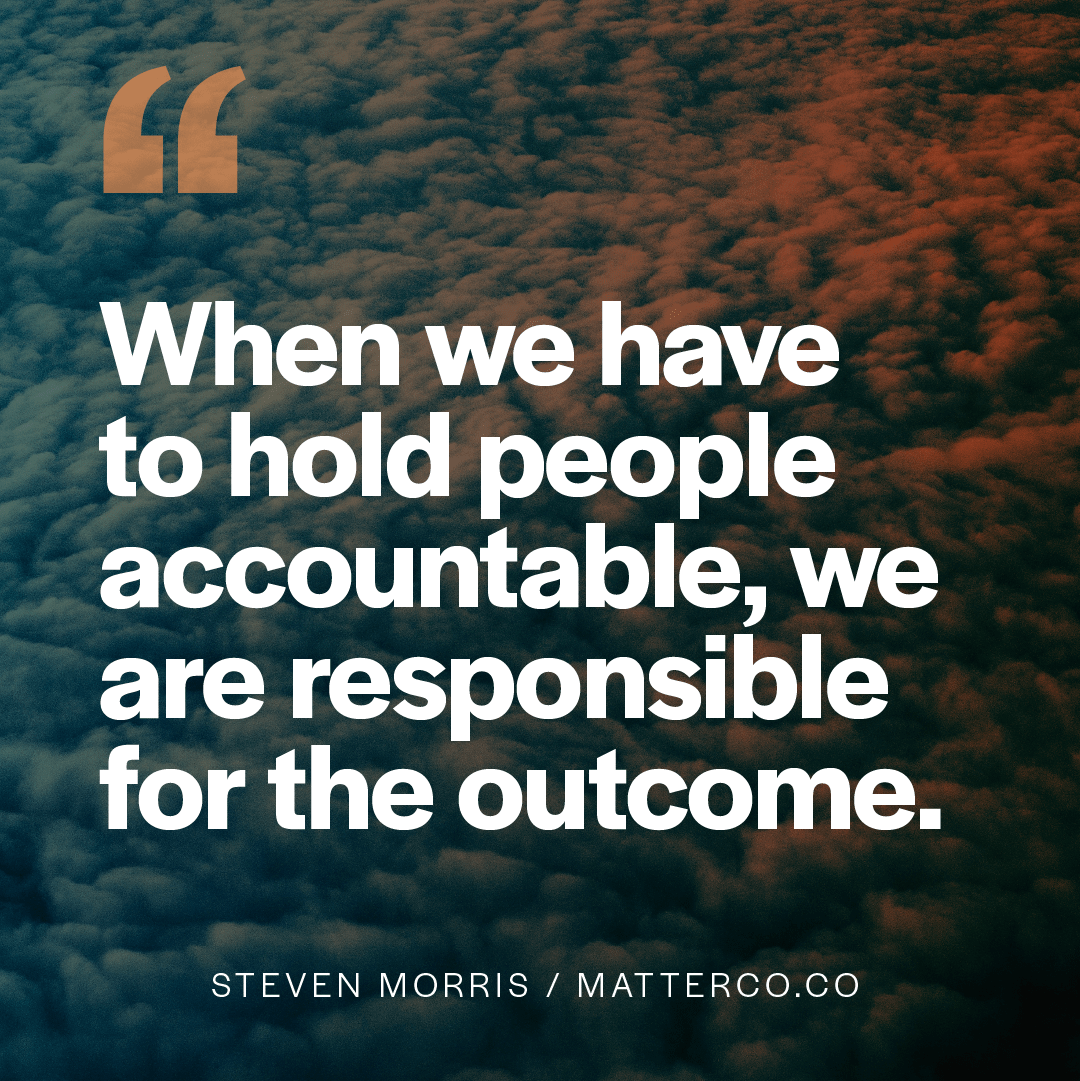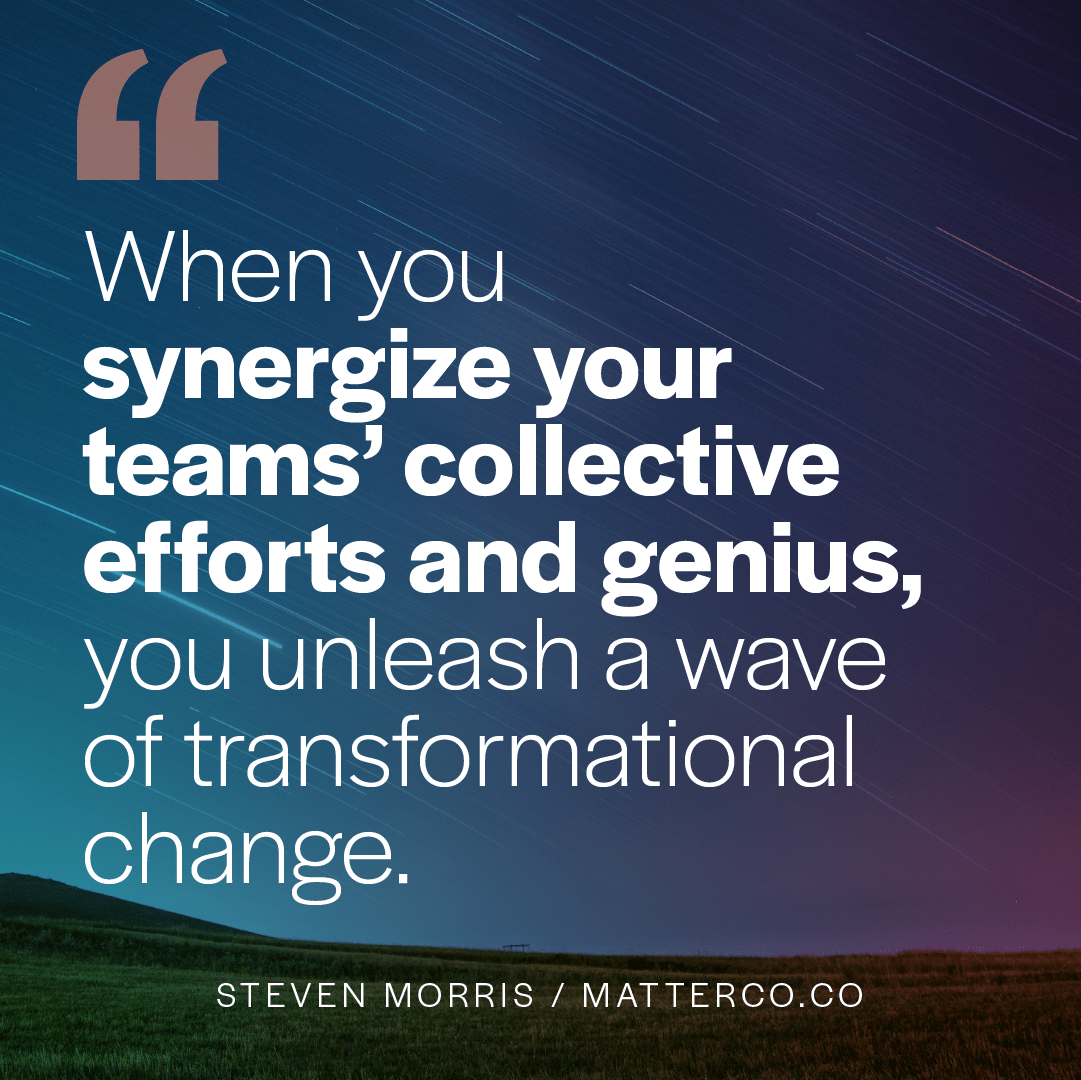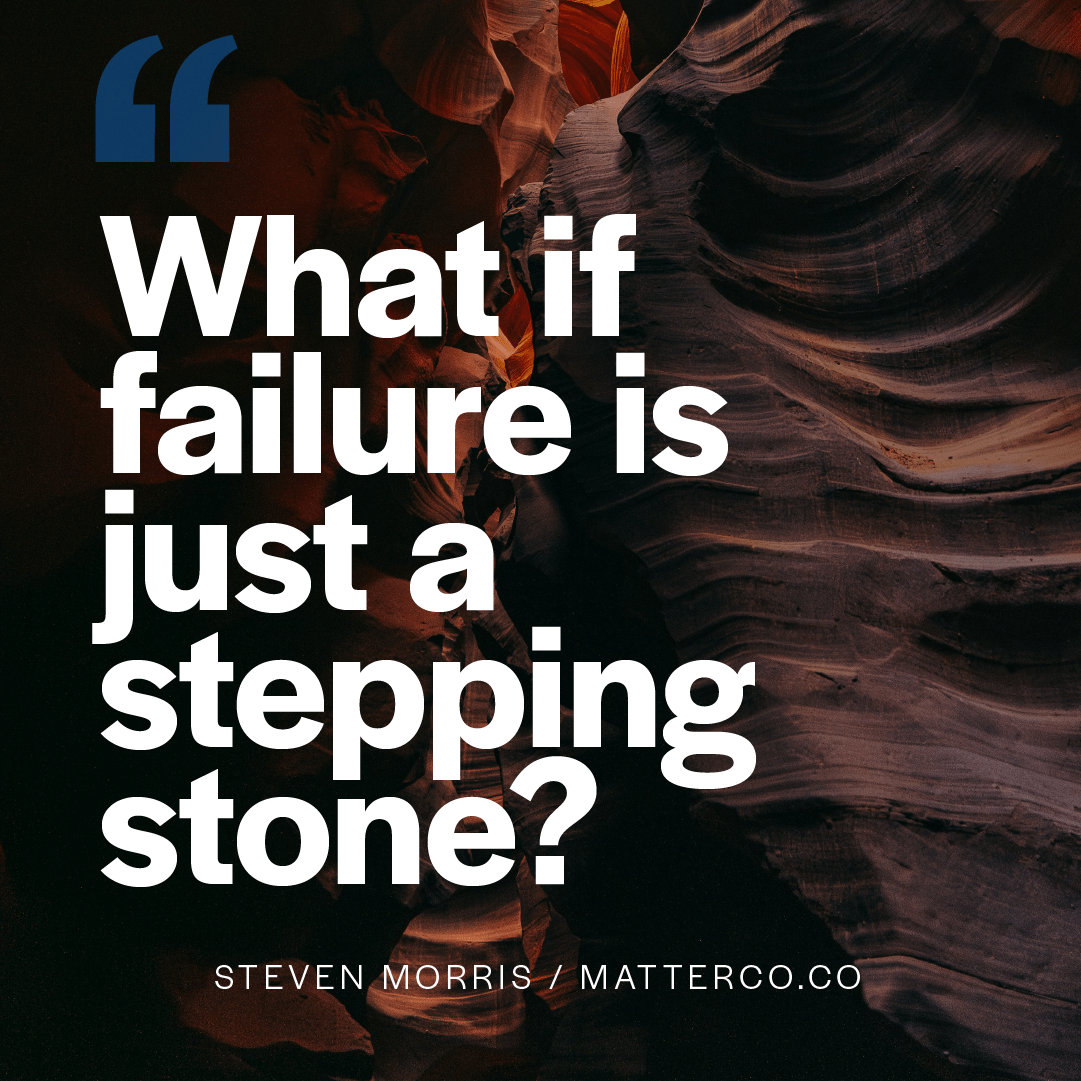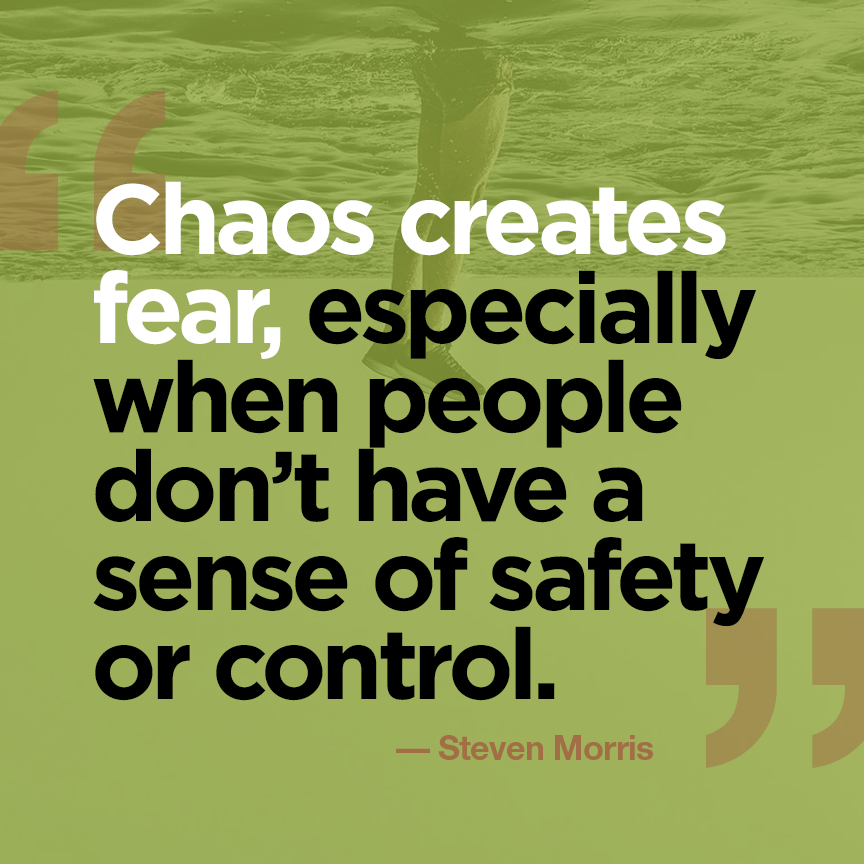
Care in a Crisis.
A Toolkit for Leaders, Brands, and Cultures for COVID-19
Nothing is normal about this crisis. Words like unprecedented are being used to attempt to make some sense of what’s happening.
The way forward, the way through, the way to manage this seems to be centered on care: care for your customers, your business, your culture, and yourself.
With this in mind, I’ve put together a care package for you. It’s aimed at what brands can be doing to care for and communicate with customers now, what business and HR leaders can be doing to care for your team, and what you can be doing to care for yourself.
What can you do, now?
What brands can do: Care for your customers.
There are two things brands shouldn’t be doing right now: selling or going silent.
More than anything, your customers need to be cared for right now. They need the leadership of brands that show they really care by taking care of them. You can help by helping people get through this.
Just like any of us, customers want leadership from brands, which means casting a vision and providing hope. Be there for them, not to sell to them, but to care for them. Ask them what they need, or better yet, anticipate their needs by providing something they haven’t asked for.
Here’s a couple of examples of what businesses are doing:
Zoom is offering its video services free for schools and others. This helps the many school systems who are converting classes to online and homeschooling and businesses who are relatively new to remote working keep working.
CRB Auto, an auto loan financing company, sent a message to customers stating that they can skip a few payments by adding those payments to the end of their loan. This helps people who are cash-strapped.
The New York Times is granting free access to everyone during this crisis. This enables all readers to stay up-to-date on the latest happenings, with no content protected behind the pay-only firewall.
Banks offering relief during the crisis. There’s little doubt that this is a financial crisis, and we’ll likely be a recession once things settle down after the COVID-19. As of March 12, here’s a link for the list of financial institutions offering relief.
What business leaders can do for their culture: Care for your team.
With the shifts that are taking place in this crisis, it’s hitting businesses in unpredictable ways. Chaos creates fear, especially when people don’t have a sense of safety and security in the primal needs: financial, physical, and psychological safety. For leaders and teams, this means communicating with them and creating as much safety as your team can muster.
One company I work with created a leadership task force in which all members of their senior leadership team communicate and respond to the entire staff across the country. One part of their multi-prong solution approach is doing a daily virtual meeting with the CEO who provides live updates on what’s happening organization-wide and answers questions directly from their 250+ employees.
Here are some helpful resources for business leaders and HR pros to consider:
Interim Guidance for Businesses and Employers: Plan, Prepare and Respond to Coronavirus Disease 2019
Tools from the CDC on Reducing Social Stigma for COVID-19
OHSA Guidance for Preparing Workplaces for COVID-19
What you can do: Care for yourself.
You shouldn’t be last on your list—if you don’t take care of yourself, you can’t do the rest. Obviously, this is a stressful time. Radical self-care, as my friend Libby Wagner calls it, is a time when you double-down on ensure you’re employing a consistency of the rituals, practices, and routines that help you thrive. These might include getting good rest, eating well, moving and working out, meditation, healthy social engagement, and practicing downtime. The challenge for some who might not be used to working from home is that you never feel like you leave work. While being productive and informed is necessary, know when to step away, recharge and unplug—especially from highly charged social media and news media feeds.
On Social Isolation.
The Impact of Feeling Along
Social isolation and a fear of physical contact with others can cause many of us to feel (or fear feeling) isolated and alone. Research from the Campaign to End Loneliness found that an estimated 9 million people already feel “always or often lonely,” usually due to substandard social connection with other humans.
Add this is the stress and anxiety about the uncertainty surrounding (NY Times 3/5/20) the pandemic and the many unknowns that are affecting our lives, lifestyles, sense of freedom, and sense of security in our daily lives. There is no new normal, yet.
While we may experience some sense of isolation, but we are also all in this together. It’s a good time to remember that we, all of us, are inextricably connected. The pandemic is one of humanity’s most significant shared experiences of modern times. It knows no boundaries, no country, no gender, no demographic, no political affiliation, no economic status. Any of us can be stricken with the potential to feel the mental and physical effects directly for this one.
Due to the utterly unique nature of our world circumstances many businesses, jobs and markets are being affected in ways no one can accurately predict, which puts significant financial strain on countless numbers of people and businesses. These unknowns and elements that are out of our control make us feel even worse.
Stress can have various negative effects on our psychology, physiology, moods, including how we eat and sleep, which may incite us to explore unhealthy habits, such as over-eating or over-drinking. The longer this pandemic lasts the more the negative effects will build. So, yes, self-care is a requisite during these times and for the foreseeable future. You owe it to yourself and those around you to employ radical self-care.
Here are some tools to learn more about mental health guidance specifically released for the COVID-19 outbreak by the World Health Organization and the Centers for Disease Control and Prevention (CDC).
For resources to help with self-care practices and rituals:
Tim Ferriss & Jack Kornfield — An in-depth Podcast on Finding Peace amidst the COVID-19 Pandemic.
Seven Types of Self-Care, Psychology Today, by Barbara Markway, Ph.D
Most of all, care for yourself and one another during this time. I’m here for you if you need a sounding board for thinking through how to manage your brand, your culture, your leadership, or your marketing during this time. Just drop me a line.
If you want a more trusting team, a culture of belonging or a magnetic brand that attracts more of the right customers, I can help. If you'd like to explore if working together makes sense, drop me a line.




